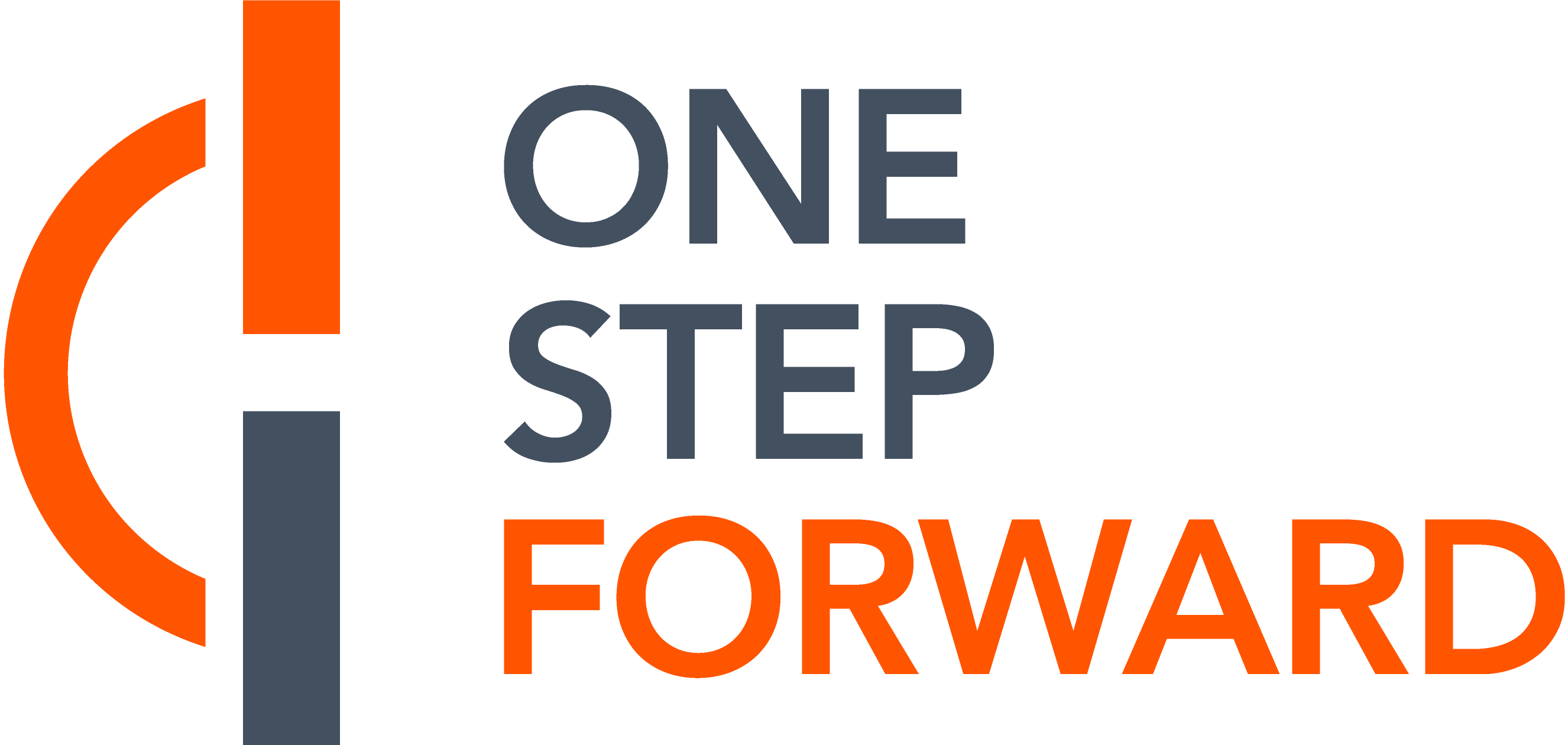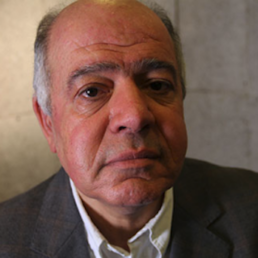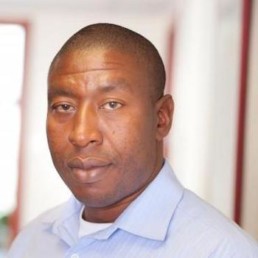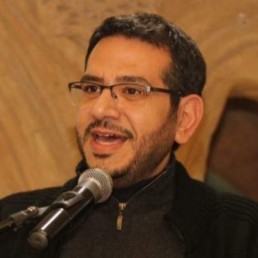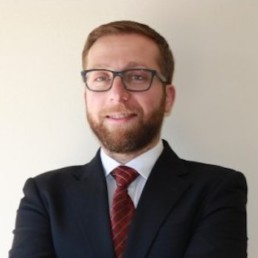Episode notes
Tripoli, Lebanon’s second city, has experienced considerable violence ever since the end of the national civil war in 1990.
But this escalated dramatically with the onset of the Syrian civil war. Pitched neighbourhood-level fighting led up to the shock car-bombing of the al-Taqwa and al-Salam mosques in 2013.
The central government responded with an army-imposed security plan which tamped down violence, but there’s been little progress since on the underlying conflict dynamics.
Stepping into this gap, Bilal co-founded a series of community dialogues that ended up as the Roadmap for Reconciliation in Tripoli. The idea was a sort of open-source diagnostic that could be the basis for citizen action.
Topics discussed:
[02:40] Growing up in and around Tripoli. Encountering cynical reactions to work on community mobilisation and social stability, despite very real and very pressing problems.
[09:15] The trajectory of conflict in north Lebanon. Roots in the colonial period, through to polarisation today around the Syrian civil war. How a city like Tripoli can get “left behind” for decades on end.
[21:30] The peak of violence in 2013-14, and the securitised approach that followed. Developing a bottom-up community reconciliation initiative to fill the gap, and how this contrasted with Bilal’s past work with international organisations.
[31:45] Drivers of conflict at a neighbourhood-to-neighbourhood level in Tripoli. What “peacebuilding” has historically gotten wrong in this context. Managing the necessary links to elite politics.
[43:30] Setting realistic expectations for reconciliation efforts in Tripoli. Coping with an extraordinarily tough regional environment, destabilising effects of the Syrian war, and often-unhealth national politics.
[51:15] Where to go from here, and returning to “normal” work after spearheading a unique initiative for several years. Sources of advice and inspiration.
